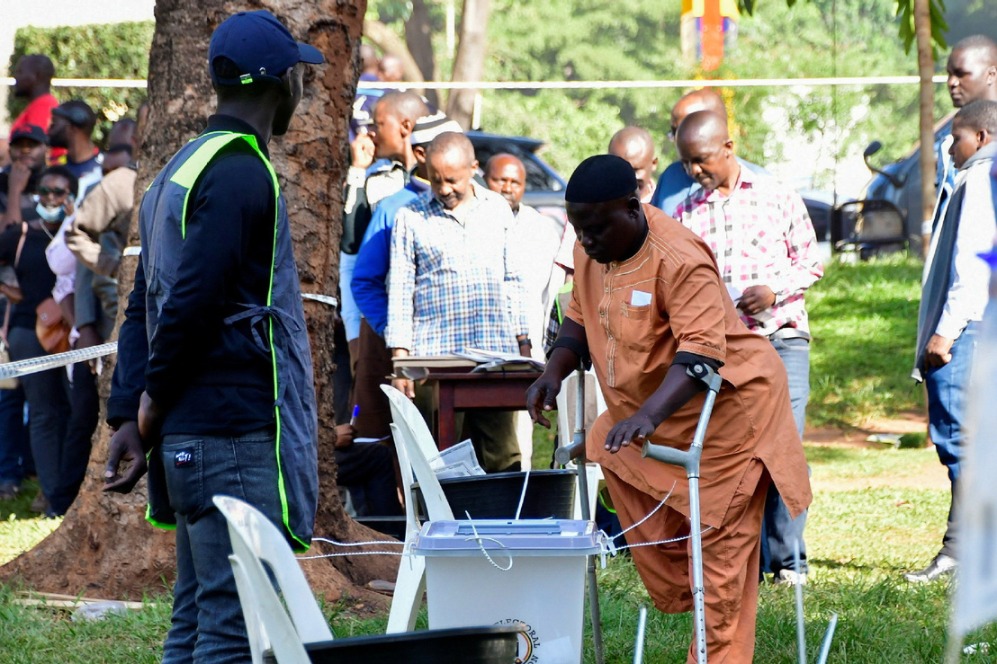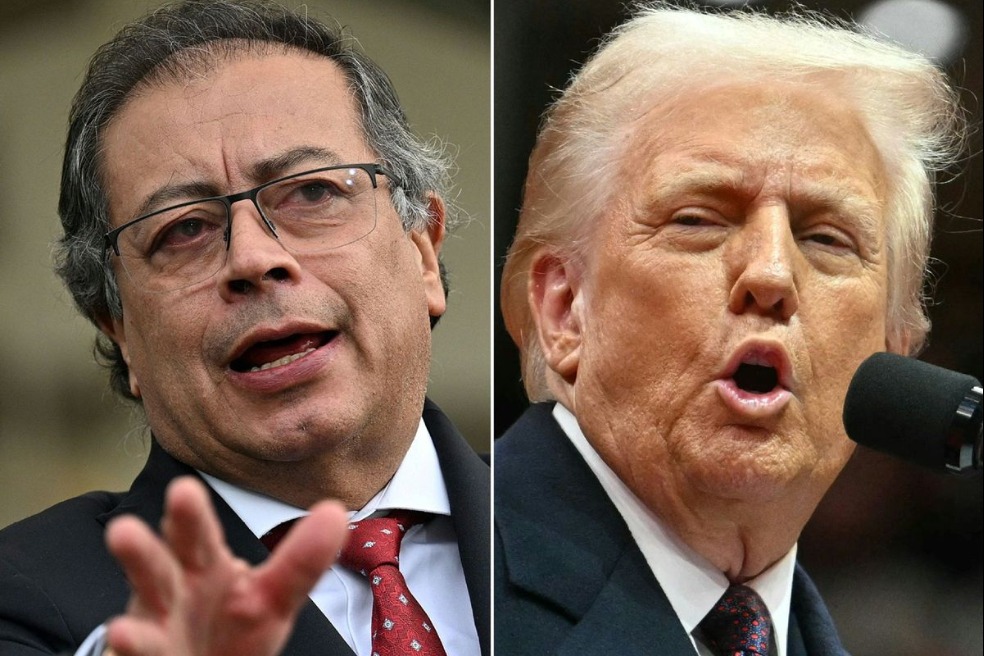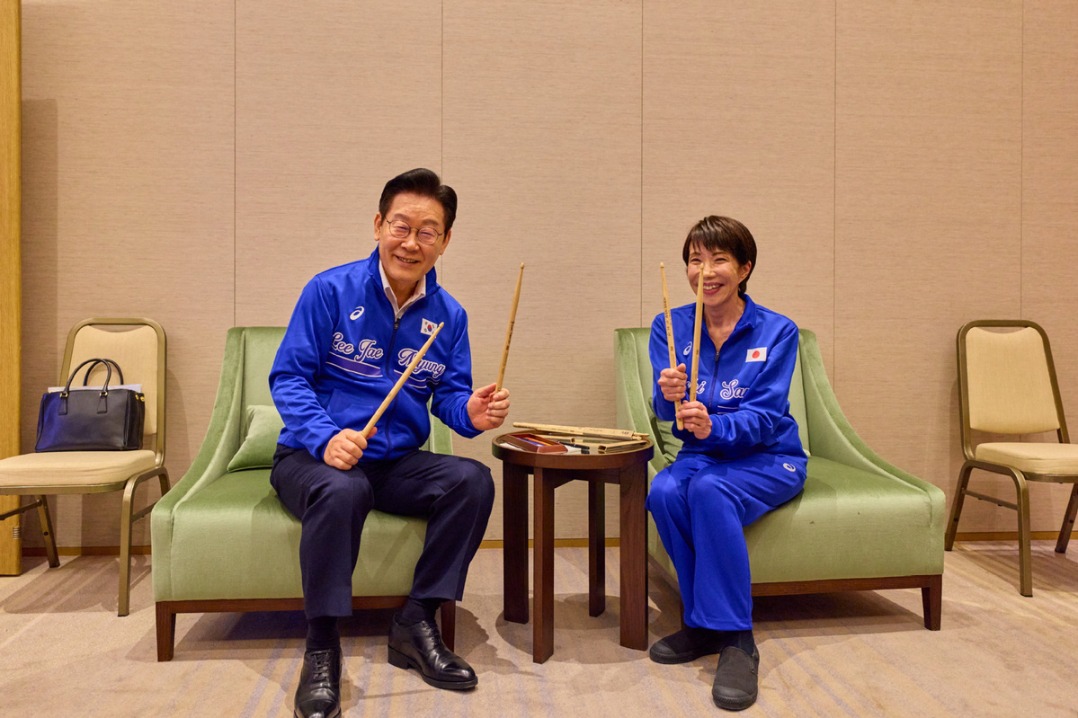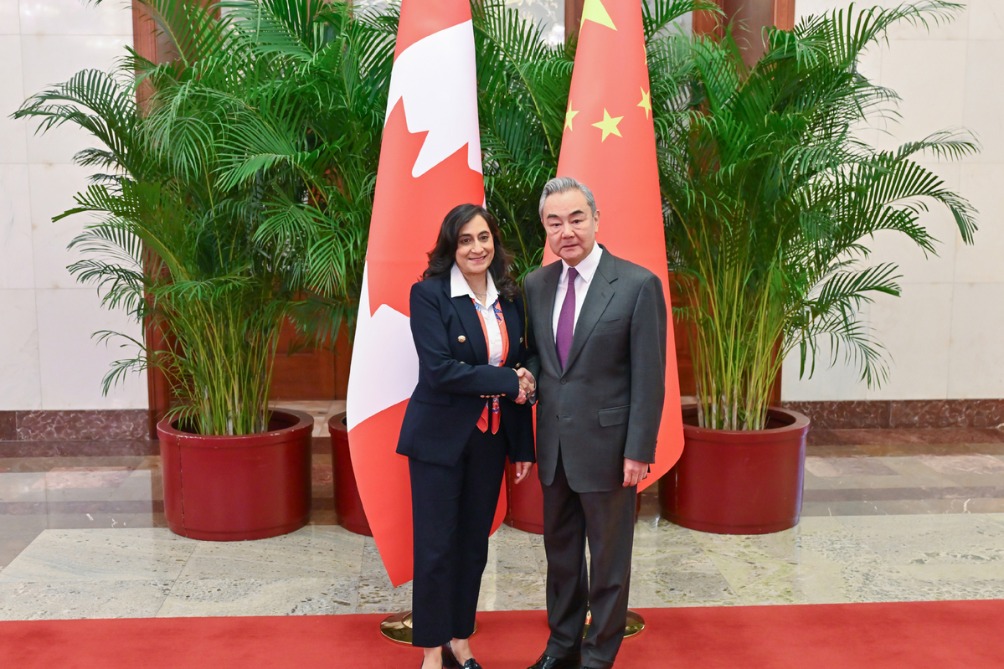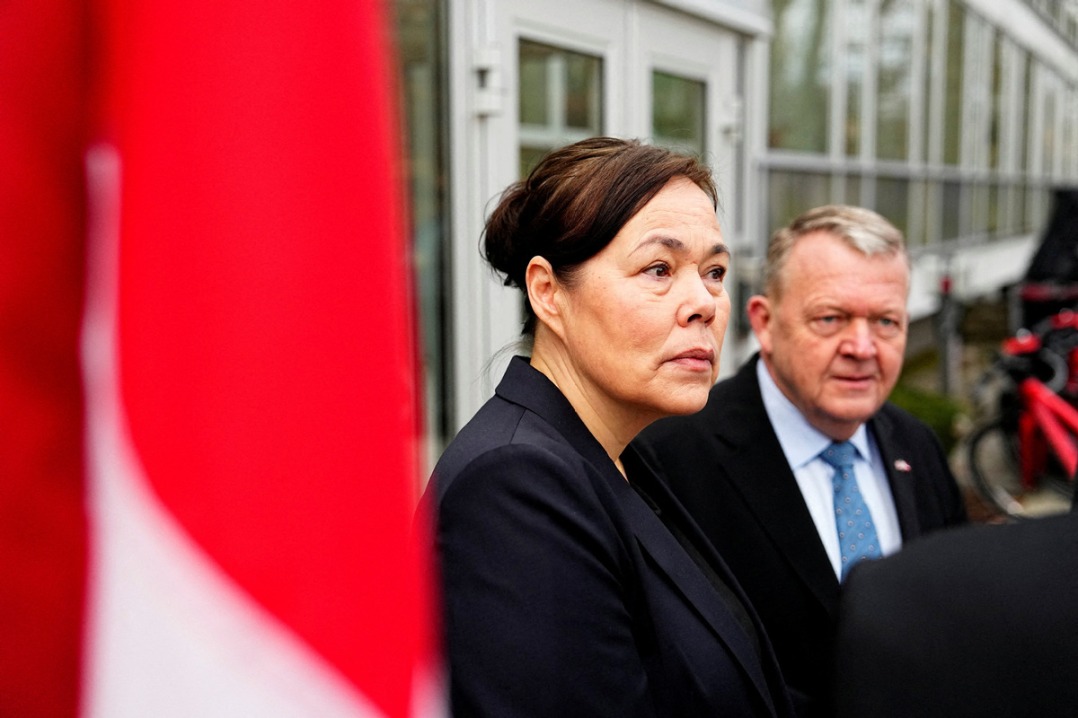Ex-diplomat likes telling Iowa-China stories


Kenneth M. Quinn, president of the World Food Prize Foundation, has a great story about President Xi Jinping's 2012 visit to Iowa, when the Chinese leader talked about his interest in author Mark Twain and the Mississippi River.
In 1985, Xi, then party secretary of Zhengding county in Hebei province in North China, led a delegation to Muscatine, Iowa, and stayed with a local family for two days.
Muscatine, a city located near the Mississippi River, did not come into the spotlight until Xi, who was so impressed with the hospitality of the local residents, returned to the small Midwestern city to meet his old friends during his US visit in 2012 as Chinese vice-president.
Quinn recalled that he talked about Twain and about "seeing the sun over the Mississippi River".
Xi made the comments during a toast at a reception in 2012 hosted by the then-governor Terry Branstad at the Iowa Capitol in Des Moines. Quinn was a guest at the reception.
On the next day, then-agriculture secretary Tom Vilsack and China's minister of agriculture Han Changfu signed a historic Plan of Strategic Cooperation that would guide the two countries' agricultural relationship for five years.
"And the agricultural agreements were signed for the purchase of $3.5 billion in soybean, reflecting the tenor of the time," Quinn recalled. Quinn spoke at a Vision China event at Asia Society in New York on Tuesday.
The former US ambassador to Cambodia, deputy assistant secretary of state as well as a member of the National Security Council staff at the White House has seen firsthand the transformation China has undergone in the past four decades.
Earlier in 1979, Quinn made his first trip to China, when he accompanied Iowa governor Robert Ray on one of the first post-normalization of relations exchange visits.
With Ray, Quinn had the opportunity to meet with China's senior leader Deng Xiaoping. Since then, Quinn has paid frequent visits to China.
"Arguably, the past decades may come to represent the most dramatic period of economic growth ever to occur in China's history," he said.
"I tell people all the time that China is the most transformed country on Earth, that no other country has done more in the past 40 to 50 years," he said, adding that the success of the Chinese model cannot be ignored by the Western world and is pertinent to every nation.
Quinn, 76, who is retiring at the end of the year, has led the organization since 1999. The World Food Prize is annually bestowed upon individuals who work to end the scourge of global hunger.
In 1993, He Kang, as China's minister of agriculture, traveled to Des Moines to receive the World Food Prize, a $250,000 award. The prize was created in 1986 by Norman Borlaug, winner of the Nobel Peace Prize, to recognize scientists and others who improve the quality and availability of food supplies.
While He was recognized as a representative of China's efforts to boost agricultural production exponentially, Yuan Longping, the "father of hybrid rice", received the World Food Prize in 2004 for developing a plant that yields more grain than anyone thought possible.
"He (Yuan) is an incredible example of Chinese scientific achievement," Quinn said. "And he's spreading his knowledge and his capacity through his National Hybrid Rice Research and Development Center."
The president of the World Food Prize Foundation, which is often referred to as the Nobel Prize in food and agriculture, praised China's efforts for the future of food.
















